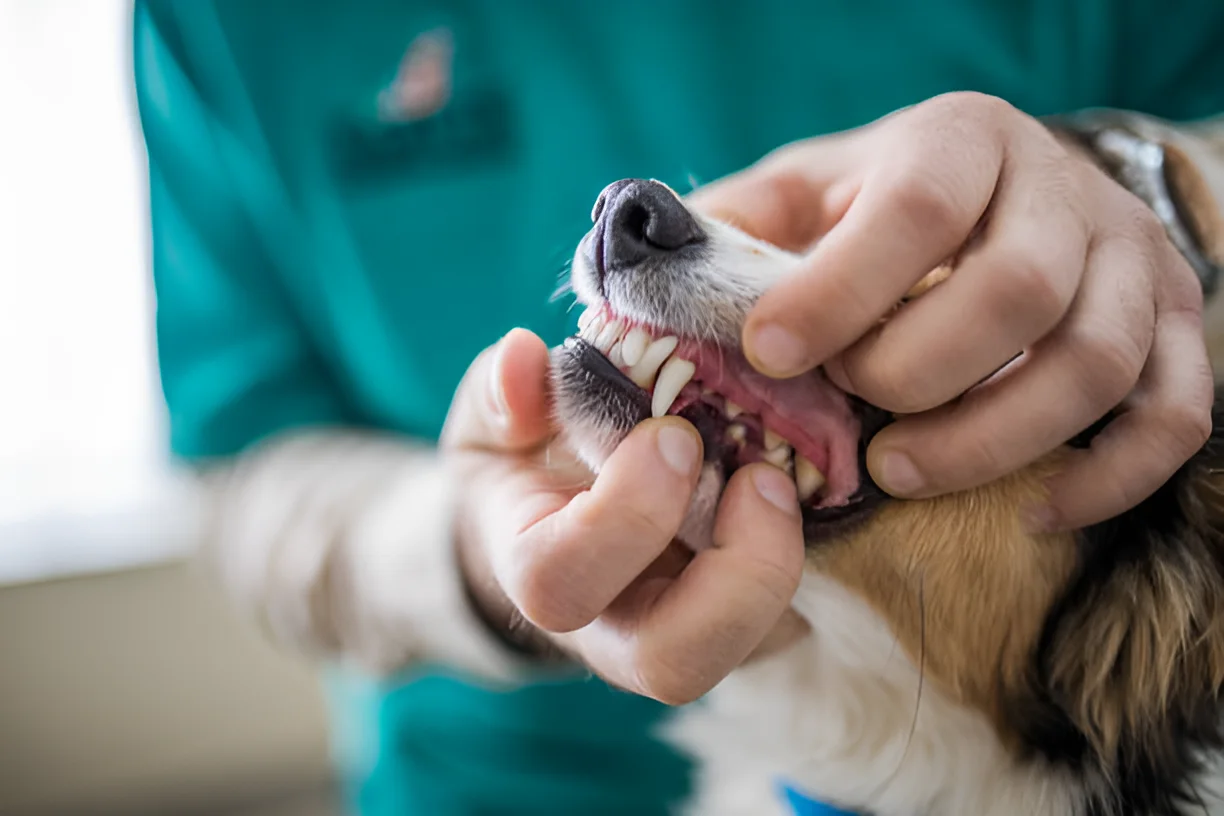The odds of a dog getting leptospirosis are relatively high, as almost every dog is at risk regardless of their living environment. Leptospirosis is a bacterial infection that affects dogs and other animals, including humans. It is caused by the Leptospira bacteria, which thrive in warm, wet environments. This comprehensive article will explore the risks, symptoms, prevention, and treatment of leptospirosis in dogs, providing valuable insights for pet owners.
Understanding Leptospirosis
What is Leptospirosis?
Leptospirosis is a zoonotic disease, meaning it can be transmitted from animals to humans. The bacteria are typically found in water or soil contaminated with the urine of infected animals. Dogs can contract leptospirosis through direct contact with contaminated water, soil, or infected animals.
How is Leptospirosis Spread?
The Leptospira bacteria can enter a dog’s body through mucous membranes (eyes, nose, mouth) or cuts and abrasions on the skin. Common sources of infection include:
- Drinking from or swimming in contaminated water sources such as ponds, rivers, lakes, or streams.
- Contact with infected urine or contaminated soil.
- Exposure to infected wildlife or rodents.
- Ingesting contaminated food or water.
Risk Factors for Leptospirosis
Geographic Location
Leptospirosis is more prevalent in warm, humid climates where the bacteria can thrive. However, cases have been reported in various regions, including urban and rural areas. Dogs living in areas with frequent rainfall or near bodies of water are at higher risk.
Lifestyle and Activities
Dogs that spend a lot of time outdoors, especially those that swim, hunt, or roam freely, are at increased risk of contracting leptospirosis. Working dogs, such as those used in agriculture or search and rescue, are also more susceptible due to their exposure to potentially contaminated environments.
Age and Health
While leptospirosis can affect dogs of any age, breed, or size, younger dogs and those with weakened immune systems are more vulnerable. Puppies and senior dogs may have a harder time fighting off the infection, leading to more severe symptoms.
Symptoms of Leptospirosis in Dogs
Early Signs
The symptoms of leptospirosis can vary widely and may resemble those of other illnesses. Early signs to watch for include:
- Fever
- Lethargy
- Loss of appetite
- Vomiting
- Diarrhea
- Muscle pain or stiffness
Advanced Symptoms
As the infection progresses, more severe symptoms may develop, including:
- Jaundice (yellowing of the skin and eyes)
- Increased thirst and urination
- Dehydration
- Difficulty breathing
- Swollen limbs
- Kidney or liver failure
Diagnosing Leptospirosis
Veterinary Examination
If you suspect your dog has leptospirosis, it’s crucial to seek veterinary care immediately. The veterinarian will perform a thorough physical examination and review your dog’s medical history and symptoms.
Diagnostic Tests
Several tests can help diagnose leptospirosis, including:
- Blood tests to check for signs of infection and organ function.
- Urine tests to detect the presence of Leptospira bacteria.
- Serological tests to measure antibodies against the bacteria.
- PCR (polymerase chain reaction) tests to identify bacterial DNA.
Treatment of Leptospirosis
Antibiotic Therapy
The primary treatment for leptospirosis is antibiotics. Early administration of antibiotics can significantly improve the chances of recovery and reduce the risk of severe complications. Commonly used antibiotics include doxycycline and penicillin.
Supportive Care
In addition to antibiotics, supportive care may be necessary to manage symptoms and support recovery. This can include:
- Intravenous fluids to treat dehydration and support kidney function.
- Medications to control vomiting and diarrhea.
- Pain relief and anti-inflammatory medications.
- Nutritional support to ensure your dog receives adequate nutrition during recovery.
Preventing Leptospirosis
Vaccination
Vaccination is one of the most effective ways to protect your dog from leptospirosis. The leptospirosis vaccine is typically administered annually and can significantly reduce the risk of infection. Consult your veterinarian to determine the best vaccination schedule for your dog.
Environmental Management
Reducing your dog’s exposure to potential sources of infection is crucial. This can include:
- Avoiding stagnant or slow-moving water sources.
- Keeping your dog away from areas frequented by wildlife or rodents.
- Ensuring your dog has access to clean, fresh water at all times.
Regular Veterinary Check-ups
Regular veterinary check-ups are essential for maintaining your dog’s health and catching any potential issues early. Discuss your dog’s lifestyle and risk factors with your veterinarian to develop a comprehensive preventive care plan.
Conclusion
The odds of a dog getting leptospirosis are relatively high, given the widespread presence of the bacteria and the various ways dogs can be exposed. By understanding the risk factors, symptoms, and preventive measures, you can help protect your dog from this potentially serious infection. Regular veterinary care, vaccination, and environmental management are key to keeping your furry friend healthy and safe.
The photo featured below the post headline is Credit: skynesher/istockphoto
I hope you find this post helpful and informative. If Yes’ feel free to share it with your friends!
Frequently Asked Questions
Can leptospirosis be transmitted to humans?
Yes, leptospirosis is a zoonotic disease and can be transmitted from animals to humans. It’s important to practice good hygiene and take precautions when handling infected animals.
How long does it take for a dog to recover from leptospirosis?
Recovery time can vary depending on the severity of the infection and the promptness of treatment. With early intervention and appropriate care, many dogs recover within a few weeks.
Is the leptospirosis vaccine safe for all dogs?
The leptospirosis vaccine is generally safe for most dogs. However, some dogs may experience mild side effects such as soreness at the injection site or mild fever. Consult your veterinarian to determine if the vaccine is appropriate for your dog.
Can leptospirosis cause long-term health issues in dogs?
In severe cases, leptospirosis can cause long-term damage to the kidneys and liver. Early diagnosis and treatment are crucial to minimize the risk of long-term complications.
What should I do if I suspect my dog has leptospirosis?
If you suspect your dog has leptospirosis, seek veterinary care immediately. Early diagnosis and treatment are essential for a successful recovery.

